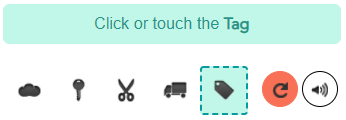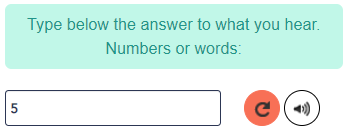State Farm
Aside from its standard student discounts, State Farm offers a unique way to save for young drivers. State Farm's Steer Clear program allows young drivers to obtain a certificate of safe driving through a mobile app. The program requires:
- Completing a five-course lesson plan.
- Five hours of driving practice (up to 10 trips).
- Mentor Registration Completion
State Farm does not announce an exact discount rate available through its Steer Clear program. State Farm offers discounts for out-of-home students,good drivers, and good students. To get the good State Farm student discount of up to 25 percent, a driver must keep their GPA above 3.0.
USAA
State Farm does not announce an exact discount rate available through its Steer Clear program. State Farm offers discounts for out-of-home students,good drivers, and good students. To get the good State Farm student discount of up to 25 percent, a driver must keep their GPA above 3.0.
- Ages 16 to 25
- Full-time student
- Ranked in the top 20% of the class
- Greater than average B (3.0 GPA)

The cheapest auto insurance for bad students
Not qualifying for a discount for good students does not necessarily mean that can't find cheap auto insurance. Compare by weighing as many options as possible: Various rating factors are used to determine your insurance premium, and different companies will value policies differently based on these factors.
































